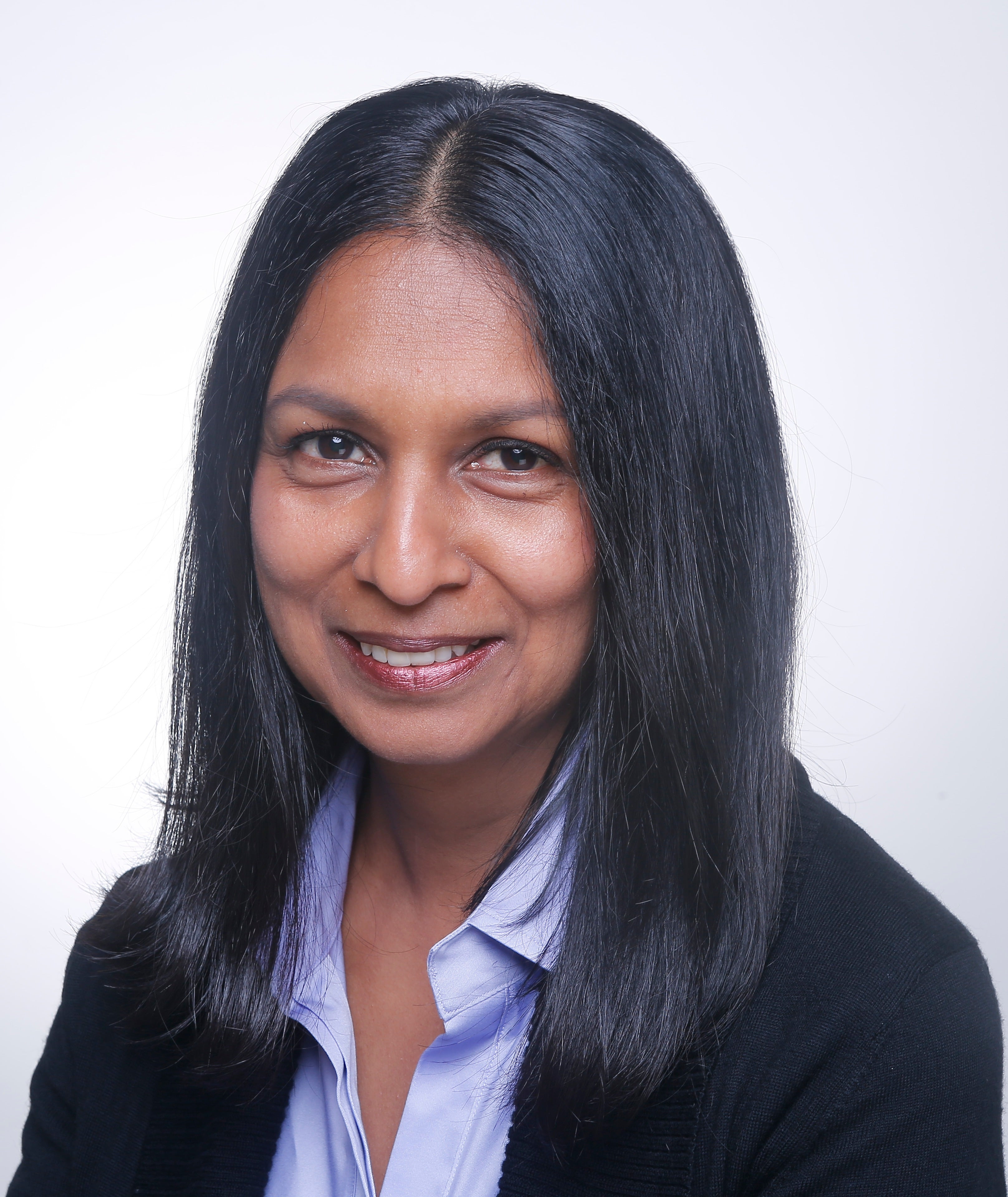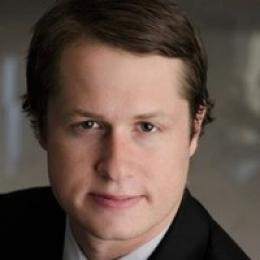
Deborah Vaughn
CHIEF LEGAL OFFICER,
ASIA PACIFIC
WHIRLPOOL CORPORATION
It’s hard to imagine someone better prepared for a generalist role in Asia than Deborah Vaughn. With a varied international legal background built on a foundation of Asian IP experience, bar admissions in four countries, proficiency in five languages, and the emotional intelligence and big picture views of a diplomat, she is a perfect fit for her demanding job. But she never set out with a formal plan to become Whirlpool’s chief legal officer of Asia Pacific. She says she simply moved from each position in “a natural progression.”
Vaughn was born England while her father was reading for the bar. Her parents relocated to Malaysia, where her father was a college professor and she spent her childhood and adolescence. Her parents imparted a love of English literature and language to her and — like a natural progression — she also adopted her father’s love of the law. “When I look back on it, it just seems that it wasn’t a case of whether I would do law but when I would do law,” she says.
In 1986, it wasn’t yet time for law. That year Vaughn matriculated from the National University of Singapore, where she earned a degree in English literature, language, and philosophy. Her background in English literature gave her a strong interest in the story behind common law rulings. Even the language of the judgments fascinated her.
During her undergraduate years, she visited a friend in New Zealand and was determined to revisit the country. She set her sights on a journalism degree from the Auckland Institute of Technology. She interned at a New Zealand newspaper and found herself in remote regions of the country interviewing residents. Oftentimes, the questions would inevitably turn back to her. “I was a bit of a novelty because I was a foreigner,” she explains. After sharing her personal history with interviewees (or interviewers in this case), she found that her job became much easier.
After she received her certificate in journalism, she joined the New Zealand Herald, New Zealand’s largest national paper. But no matter where she moved, the law continued to beckon. She was continuing her journalistic career as a court reporter when it occurred to her that she should take the next step and study law. It was a very logical, even a natural progression. She continues to use the inverted pyramid style of story telling she learned as a journalist. “You start with an exciting paragraph and then after that you go on to the details,” Vaughn says, comparing it to giving a client an answer first before explaining how she arrived at the conclusion.
A lesson from her UK common law training also sticks with her. She says it may seem contradictory but the adversarial nature of a barrister’s training fosters an appreciation for divergent perspectives. “When you’re working in-house and you’re dealing with difficult issues at times and different people from around the world, it’s something that has helped me, to listen to what the other party has to say,” she shares. When working on a contract, to find a suitable solution, it’s imperative to understand where all parties are coming from.
Back to Asia
Vaughn is an IP expert. She specialized in what she calls soft IP — copyright, trademarks, trade secrets, publicity rights, etc. Her clients were multinational corporations. She experienced the diversity of Southeast Asia during her time there. In Singapore, she was working in a first world nation. In Indonesia, she lived in a developing nation. Malaysia was between the two. It gave her a great perspective on the different rates of development in Southeast Asia.
Even though she was primarily involved in IP, it touched many aspects of law. As intangible assets are embedded in the commercial framework, she says that IP affects transactions, regulatory schemes, enforcements — you name it. The realization made her appreciate the broader legal landscape and, because she was working with multinational companies, the broader business landscape. Even among the company clients, there was a lot of diversity. Vaughn counseled clothing manufacturers, food distributors, and luxury goods makers. The more she became involved in the larger business environment, the more she thought about making the move from specialist to generalist.
A general move
To prepare herself for an in-house position, she knew obtaining an LLM was the logical progression. But before she did that, she needed time to recharge. Vaughn took a year off work and moved to Vancouver. She took noncredit courses (French, wine appreciation) at the University of British Columbia before enrolling at George Washington Law School in Washington, DC.
One day before taking her LLM final exams, she noticed an advertisement from Whirlpool Corporation. “It was not even what they required from an attorney but more about the kind of team they were,” she says. The in-house role was what she imagined. She always got the feeling as an outside counsel that she was not part of the execution team and now, especially during the more complex cases, that she could see the big and global picture.
Whirlpool is the world’s number one major domestic appliance company, employing 97,000 people around the world. Whirlpool’s global operations provided her with the opportunity to be based internationally in both North America and Europe. Her work on the precedent-setting acquisition of a China-listed company, however, would ultimately bring her back to Asia.
In her current role, Vaughn oversees the company’s Asia Pacific legal department. It is split between Asia North headquartered in Shanghai, China and Asia South headquartered in Delhi, India. The department has about 15 lawyers and non-lawyers who handle legal requests from this region, which has 23,000 employees.
Whirlpool entered India in the late 1980s. The brand is well known. The biggest challenge in India is staying informed on developing business laws. India’s Companies Act 2013 overhauled the corporate governance regime — from changes in letterheads to cross border mergers. As Whirlpool is a listed company in India, this landmark legislation has kept the legal team busy.
Vaughn highlights the importance of putting in place a robust compliance program in emerging markets. She says that other than the extraterritorial reach of the US Foreign Corrupt Practices Act (FCPA), there are local anti-corruption laws, which in some cases may be wider and more stringent. In China, President Xi’s strong anti-corruption campaign in China has set a strong tone, in line with the FCPA, that corruption will not be tolerated.
Vaughn credits her team members with the department’s success and enjoys developing their talents. Between them, they speak six languages and have the knowledge to tackle any legal problem that comes their way — leveraging their global law department colleagues; in addition to ACC’s resources and network. Whirlpool’s talent development program doesn’t just focus on legal training.
Leadership, business and project management, and other skills are emphasized and developed because some lawyers may not have received that training in law school.
Perhaps the best lesson is working under Vaughn, who has successfully seen the world while learning along the way, and did so in a natural progression.
Getting to Know… Deborah Vaughn
YOU’VE WORKED ALL OVER THE WORLD. IS THERE A PLACE THAT’S REALLY STAYED WITH YOU, THAT YOU WOULD LIKE TO VACATION TO OR RETIRE TO?
That would be home. Right now I’m currently on assignment in China and I’m incredibly lucky. Home is currently Michigan. When you talk about a place that I would consider, we have a cottage on Lake Michigan and it’s absolutely idyllic in summer, so I think that would be that.
ARE THERE ANY CULTURAL PRACTICES YOU’VE PICKED UP THAT YOU’VE INTEGRATED INTO YOUR LIFE AFTER WORKING IN SO MANY LOCATIONS?
The cultural practice I’ve picked up that I quite like is the way Asians hand out business cards, especially here in China. It is handed out with both hands. It just seems very respectful and it just seems to me that it’s taking that little extra time to put a little bit more into introducing yourself. And of course, receiving the other party’s business card with the same respect.
ARE YOU READING ANYTHING RIGHT NOW?
Have you ever heard of an author called Somerset Maugham? [No.] He’s English and he’s supposedly one of the most prolific writers. The reason I’m rereading him is that he had traveled to many parts of Asia and he had written a number of short tales. So, because of my work schedule being hectic, the fact that they are short as well, it’s easy for me to actually manage to finish a short tale. But I think I’m drawn to it all over again because he traveled all over the Far East, and so now that I’m back in Asia, it seems like an interesting time to pick up the book. He writes about human encounters. So, while the context may be in Asia and that does give it a little flavor, it’s all about human context, the encounters.




